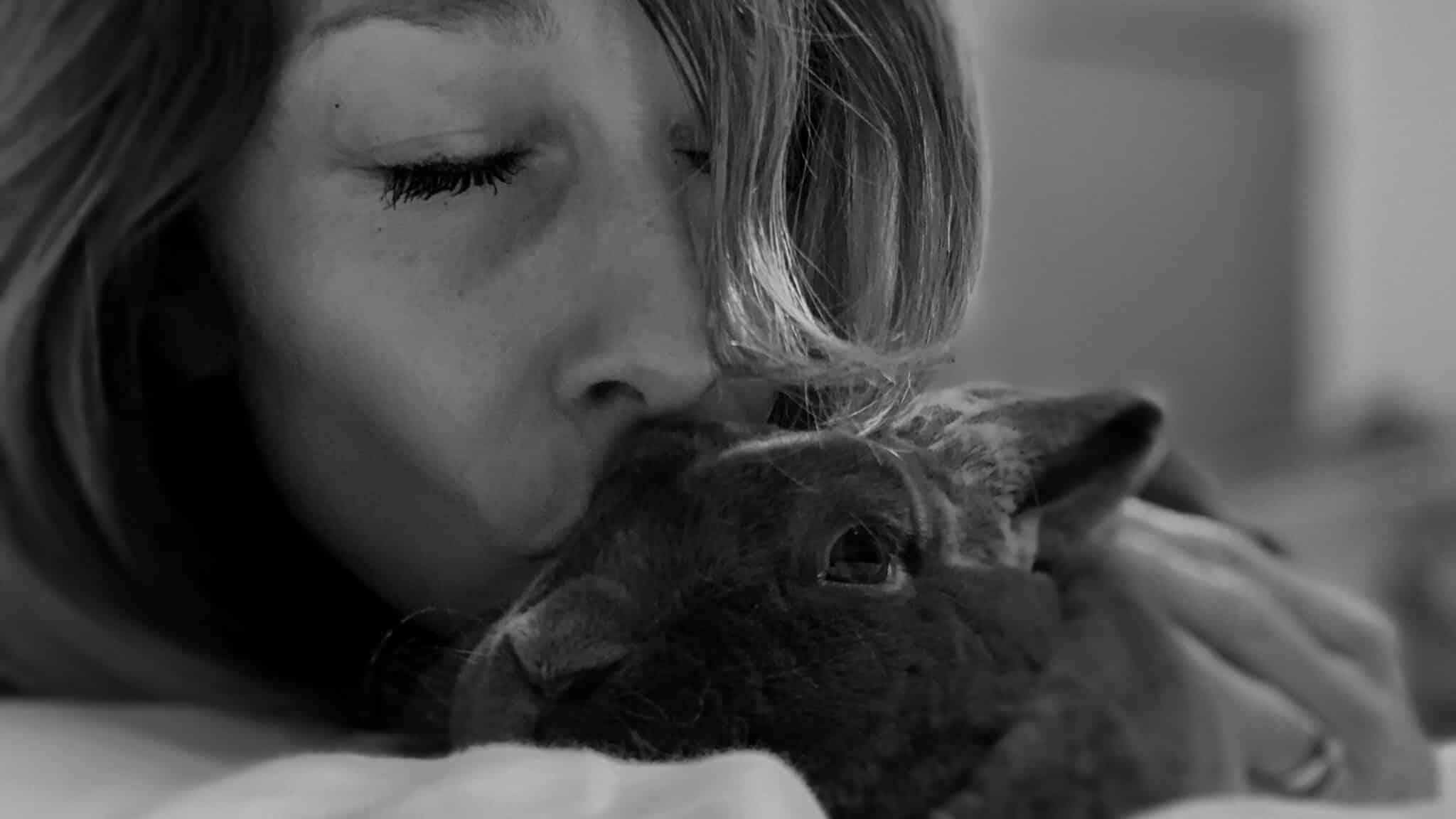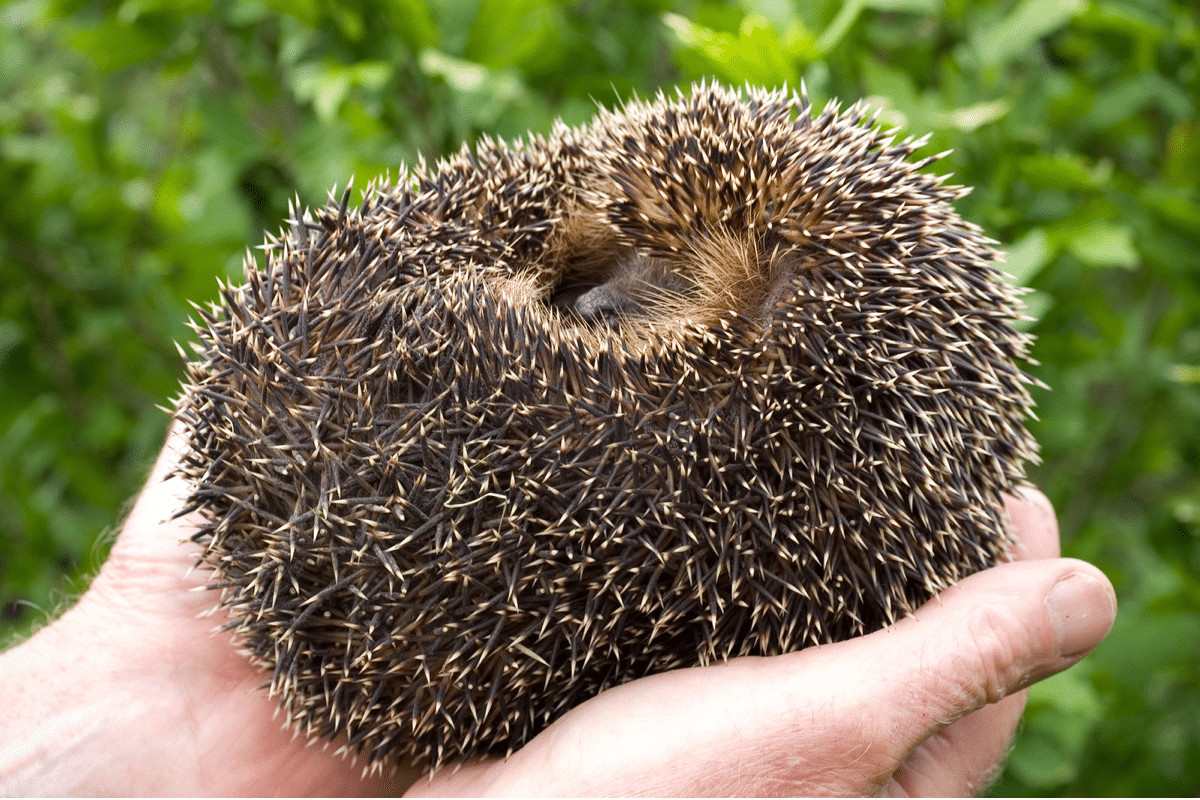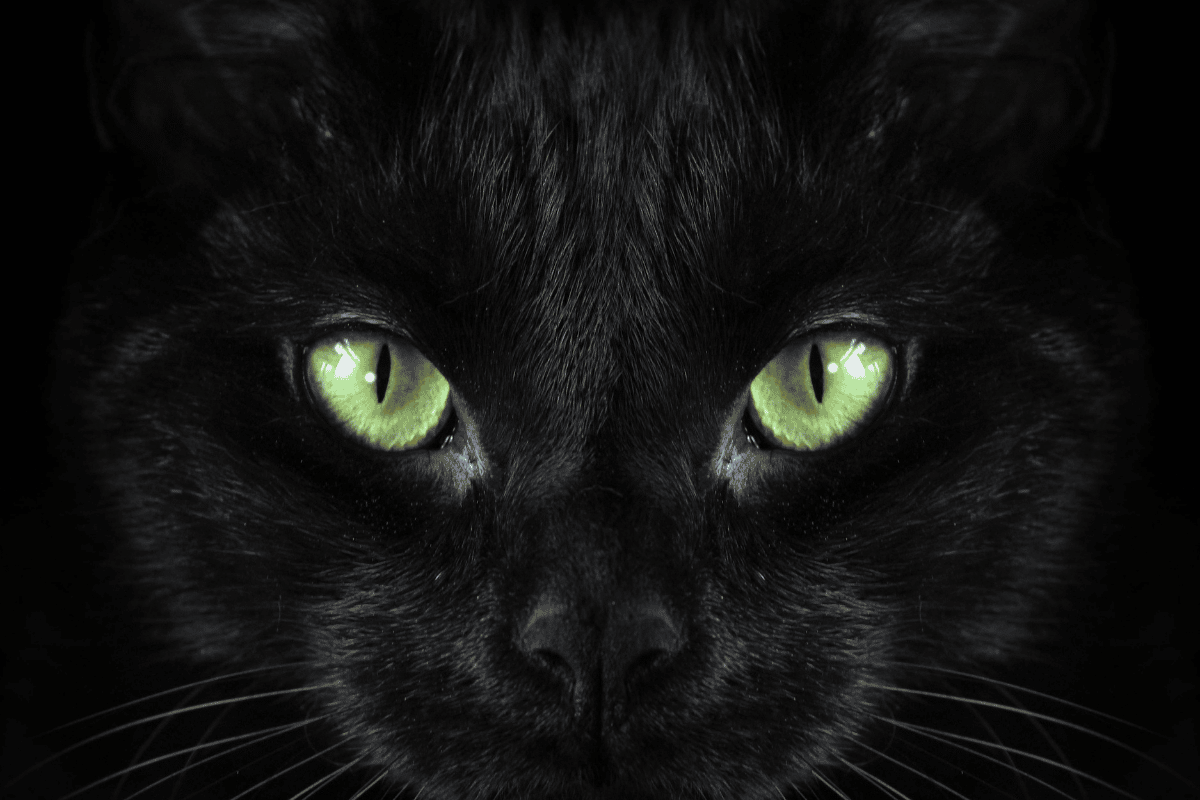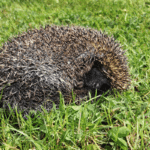Autumn is well and truly with us, the ground is covered with fallen apples slowly turning into cider in the sunshine. And hedgehogs are eating like crazy to put on enough weight for hibernation. So could that really be a drunk hedgehog staggering across your lawn? Or is it something less entertaining? Let’s look at the evidence.
Myth and Legend
The idea of the drunken hedgehog is quite well established in folklore. It runs alongside reports of hedgehogs carrying fallen apples in their spines.

The earliest written example of this comes from Topsel in his book “History of Four Footed Beasts and Serpents” from 1658.
In some reports, hedgehogs roll on soft fallen apples to impale them on their spines. In others, they actually climb trees and throw themselves onto the fruit.
In England and Northern Europe, the stories feature apples, but in Southern Europe, grapes are more often mentioned.
Pat Morris has great fun debunking this myth in his book “Hedgehogs”. He explains how easy it is to stick a soft apple to a hedgehog if you really want to. He then goes on to point out that hedgehogs very rarely carry away food, they never take it to their hibernations nests or make winter larders, like squirrels do. And to cap it all, although they will eat fallen fruit, it’s certainly not a favourite part of the diet.
So many sightings can’t be wrong though, and it’s easy to see how a hedgehog, going about its business in the autumn, might pick up some fallen fruit. But the idea that this is intentional behaviour, has to be down to over-active human imaginations.
So can we dismiss the idea of drunk hedgehogs in the same way: just a figment of overactive human imaginations?

Drunk Hedgehogs in the News
Over the past few years, there have been not one but two reports in the press of hedgehogs getting drunk on advocaat.
In Germany and Holland hedgehogs have been rescued after being found comatose, quite literally asleep in the gutter, next to a broken bottle of advocaat.
It’s easy to see how hedgehogs might be attracted to the sweet eggy mix of advocaat – there’s no accounting for taste!
It’s a worrying picture though, whatever the effects of the alcohol, hedgehogs regularly injure themselves on broken bottles and in this scenario, there could have been the danger of them swallowing bits of broken glass.

In the end, all drunk hedgehogs involved were released back into the wild. No harm done thankfully.
Plenty of stories of drunk animals appear in the news. Did you know it’s illegal to serve beer to a moose in Alaska? And the internet has its share of “funny” videos of drunken hedgehogs.
But aside from getting drunk on human booze, could hedgehogs really get drunk from eating windfall apples and other fruit in your garden?
Probably Something More Serious
Most authorities agree that it’s highly unlikely that a hedgehog staggering around looking drunk in your garden has actually got that way from eating rotting fruit.
Firstly the concentration of ethanol in decaying apples and other fruit is very low indeed. As anyone who has ever dabbled in homemade wine will tell you, you need to exclude oxygen from fermenting fruit to give the alcohol chance to really develop. Most decaying windfall apples in the garden have plenty of fresh air and oxygen around them So though they might smell a lot like cider, they won’t have much of a kick. Even for something as small as a hedgehog.
Secondly, hedgehogs don’t eat much fruit. They will have a snuffle through windfalls and can be partial to something sweet. But on the whole, hedgehogs are dedicated carnivores and if they are rooting through fallen fruit, they are actually more likely to be after the tasty grubs living inside. It is thought unlikely that hedgehogs would eat enough fruit to become intoxicated.

So what is going on? The British Hedgehog Preservation Society and other rescuers agree that an apparently drunk hedgehog is very likely to be in serious trouble and will need your help.
Severe Dehydration
Severe dehydration can cause the same sort of symptoms often seen in drunkenness: lack of coordination and lethargy for example. But a hedgehog suffering from severe dehydration won’t just sleep it off. And if they have got to the stage of looking tipsy a good drink of water isn’t going to solve the problem either.
A hedgehog exhibiting signs of severe dehydration will need to be taken to your local hedgehog rescue or wildlife hospital as soon as possible. But thankfully prompt treatment will often lead to full recovery.
Wobbly Hedgehog Syndrome.
Wobbly Hedgehog syndrome might sound comical but it is actually much more serious. This is a degenerative disease that affects the muscles and nervous system in a similar way to MS in humans. It eventually leads to paralysis and death and there is no treatment or cure.
The disease affects both African and European hedgehogs and was first identified in the 1990s. It is thought to be a genetic disorder, with diet possibly playing a role in the onset. But as yet no one really understands the causes.
For most of us, there will be no way to tell the difference between a dehydrated hedgehog and one suffering from WHS. So the best course of action with any drunk looking hedgehog in your garden is to get it help as quickly as possible.
Latest Research
So can we discount the stories of hedgehogs getting drunk on fallen apples, and elephants tipsy from the effects of marula fruit (and all the other drunk animal stories in folklore around the world) as so many old wives tales?
Well, not so fast . . .
The mainstay of the theory that hedgehogs can’t get drunk on fallen fruit is that the fruit is so low in ethanol content that they simply wouldn’t be able to eat enough for it to have an effect.
People and animals become “drunk” when they consume alcohol faster than the body can metabolise it. Unmetabolised alcohol floats around in the system, causing all the symptoms we associate with being squiffy.
In deciding whether it was reasonable to believe a given animal could become drunk by consuming a certain fruit scientists take the human ability to metabolise alcohol, and adjust that for the size of the animal concerned.

But it turns out things aren’t quite that simple. A recent study has found that humans are actually extremely good at metabolising alcohol. In fact, we have a gene for it: ADH7. This gene makes us able to process alcohol 40 times faster than other primates. And when it comes to species like elephants and hedgehogs the difference could be even greater.
It seems that species, like humans, who eat a lot of fruit, have evolved the ability to efficiently process alcohol which is often found in over-ripe or rotting fruit. Species who stick mainly to greens, like elephants, or meat, like hedgehogs, don’t have the same ability. In some species, like the elephant, the ADH7 gene seems to be missing altogether.
So it now looks possible that the old wives tales might be right after all. A hedgehog could become tipsy from even the tiny amount of alcohol found in fallen fruit.
Dehydrated or Drunk and Disorderly – They Still Need Help
It’s fascinating when traditional stories that have been dismissed by science for decades turn out to have a sound basis in fact. It shows us just how much we still have to learn. And that it’s unwise to dismiss out of hand, beliefs built on centuries of observation.
In this case though, if you find a “drunk” hedgehog in your garden you have no way of knowing whether it’s tipsy, dehydrated or has the much more serious WHS. The best course of action will still be to get a drunk hedgehog, especially one out in the daytime, some professional help.
Thanks for Reading
The more we know about hedgehogs and all wildlife, the better equipped we are to respect and help them, so thanks for taking time out of your day to learn a little more.
We hope you found this post interesting and useful, and as always, if you have suggestions or questions we would love to hear them. Drop us a comment below.
















